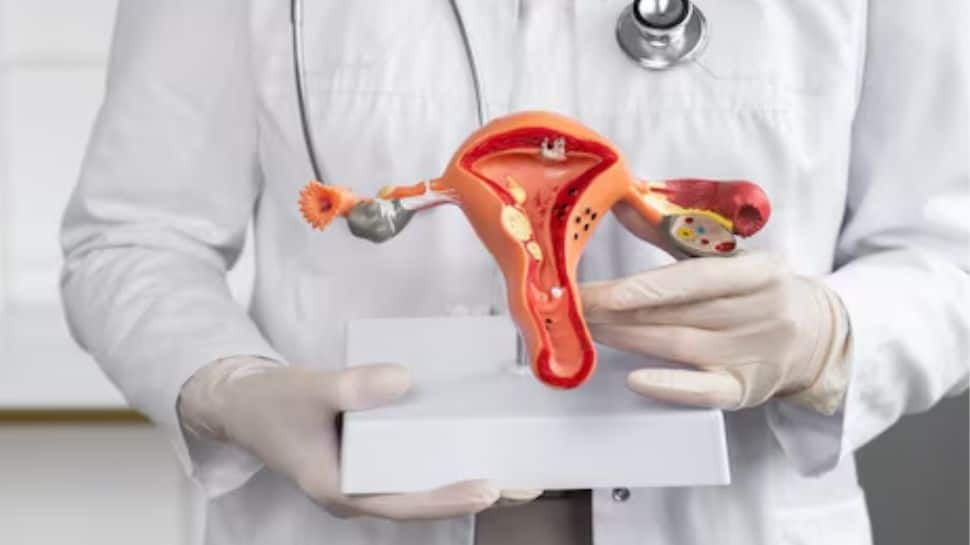Irregular cycles are defined as periods occurring at intervals of less than 21 days or more than 35 days, or having fewer than eight cycles in a year. These irregularities can cause both physical discomfort and emotional stress in women. Since menstruation is often a taboo topic, many women hesitate to discuss it, which leads to confusion, myths, and unnecessary anxiety. Here’s are some insights shared by Dr Neha M Bhagwati , Consultant , Maternal & Fetal medicine ( OBGY), Holy Family Hospital.
Here are some common menstrual myths clarified:
Myth 1 — Irregular periods always indicate PCOS
While PCOS is a frequent cause of irregular periods, it is not the only reason. Irregular cycles can also result from stress, thyroid disorders, lifestyle changes, weight fluctuations, or exercise habits. A proper PCOS diagnosis requires blood tests and sonographic evaluation as per medical guidelines.
Myth 2 — PCOS is only about irregular periods
PCOS is a lifelong condition affecting multiple aspects of health, not just menstrual cycles. It can impact ovulation, fertility, skin, metabolism, cardiovascular health, and increase the risk of diabetes. Symptoms may include acne, excessive facial or body hair, skin changes, and sleep disturbances. Some women with PCOS may have regular cycles, making the condition harder to detect or diagnose.
Polycystic Ovary Syndrome (PCOS) is a common hormonal disorder affecting women, and irregular periods are often an early sign. However, myths and misconceptions about PCOS and menstrual health can cause unnecessary fear and confusion. Here’s the truth behind four common myths. Dr. Renu Raina Sehgal, Chairperson of the Department of Obstetrics & Gynaecology at Artemis Hospitals, dispels common myths surrounding PCOS.
Myth 1: Women with PCOS cannot lead a healthy lifestyle.
With proper care, women with PCOS can live healthy and fulfilling lives. Maintaining sufficient sleep, managing stress, exercising regularly, and following a balanced diet can help manage symptoms and reduce the risk of complications such as insulin resistance, diabetes, and heart disease.
Myth 2: PCOS only affects overweight women
PCOS can affect women of all body types. Many women with PCOS maintain a healthy weight yet still experience irregular periods, acne, and excessive hair growth due to hormonal imbalances. Weight gain can exacerbate these symptoms but is not the sole cause of the condition.
Discussing the link between stress and PCOS, Dr. Sushma Baxi, Clinical Head and Fertility Specialist at Oasis Fertility, said, “Teenage years are naturally full of emotional ups and downs, but today’s teens face a new form of stress that is constant, digital, and often invisible. Academic pressure and unrealistic body image expectations contribute to long-term stress and anxiety. Chronic stress also increases cravings for high-fat and sugary comfort foods, which can lead to insulin resistance and weight gain.”
Irregular periods or PCOS should not cause alarm. Self-diagnosis can be harmful, so it is crucial to consult a gynecologist promptly. Professional guidance helps in understanding your menstrual cycles, ruling out potential underlying causes of irregularities, and creating a personalized management plan tailored to your body’s needs.

